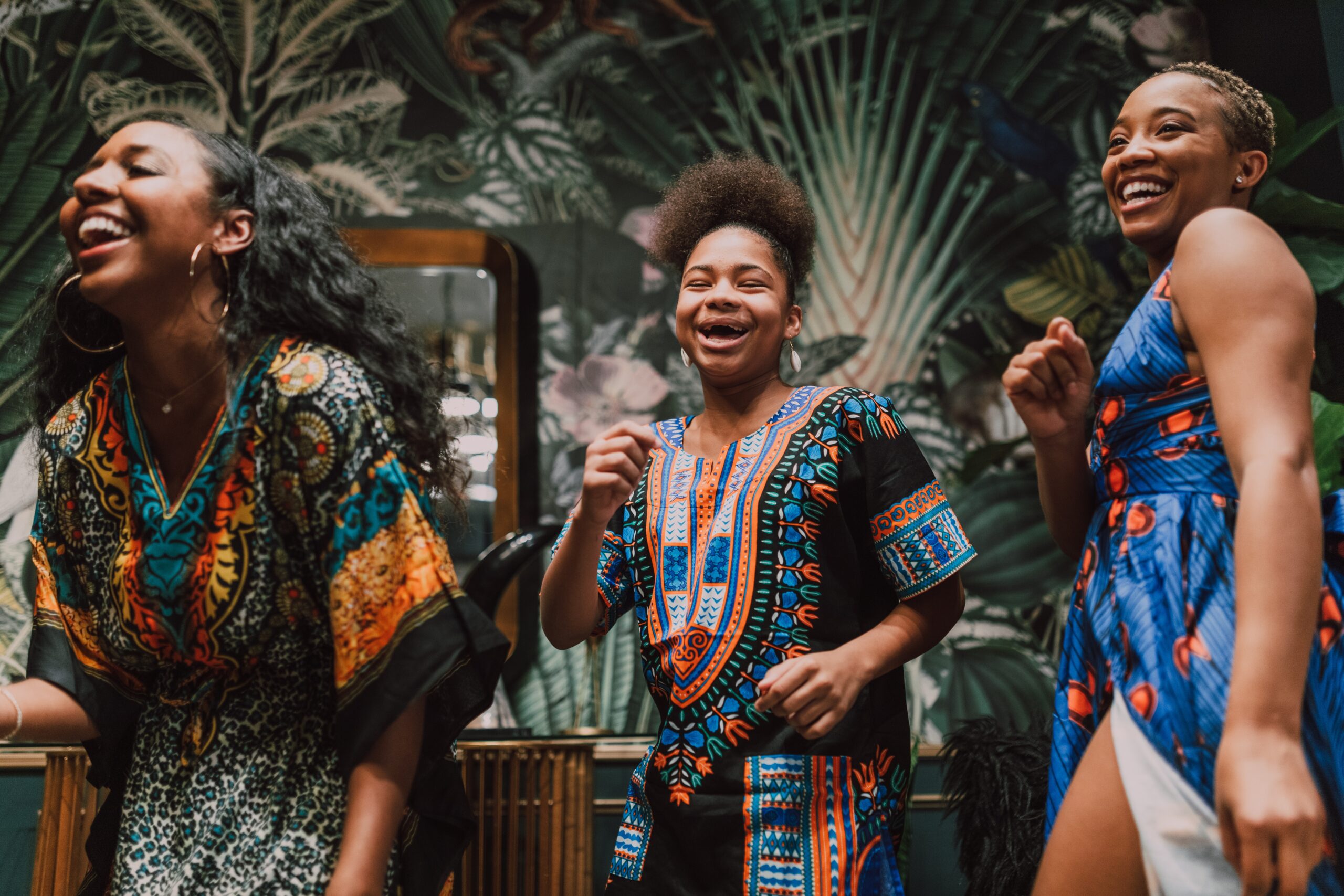African American culture, a rich tapestry woven through the very fabric of American history, stands as a testament to resilience, creativity, and transformative influence. This culture, borne of a unique historical journey, has shaped and redefined various aspects of society, from music and art to the political landscape.
The Symphony of Change: Music’s Evolution
Let’s delve into music, a realm where the African American influence is both profound and undeniable. Jazz, for instance, emerged as a form of musical expression deeply rooted in the African American experience. Its birth in New Orleans, a melting pot of cultural influences, symbolizes a narrative of struggle, freedom, and artistic innovation.
Imagine the streets of early 20th-century New Orleans, alive with the syncopated rhythms and improvisational brilliance of jazz. This genre, evolving over the decades, not only provided a voice to African American communities but also reshaped the wider musical landscape. It gave rise to other genres like blues, R&B, and eventually hip-hop, each carrying forward the tradition of storytelling and social commentary.
Political Waves: Shaping Democracy
When it comes to politics, the influence of African American culture is both historic and ongoing. The Civil Rights Movement, led by figures like Martin Luther King Jr. and Rosa Parks, was not just about achieving racial equality; it also redefined American values and democracy.
Their fight for justice and equality echoed through the halls of power, leading to landmark legislation like the Civil Rights Act of 1964. This movement, rooted in African American cultural values of resilience and community, reshaped the political landscape of the United States.
Canvas of Diversity: The Artistic Landscape
Transitioning to the visual arts, African American artists have used their canvas to portray not just beauty but also the complexities of their experiences. The Harlem Renaissance, a cultural revival of the 1920s, saw figures like Aaron Douglas and Augusta Savage use art to depict African American heritage and address social issues.
Their work opened doors, challenging the status quo and redefining African American identity. It’s not just the styles that these artists brought to the fore but also the themes – a blend of realism and symbolism to capture the essence of their community’s journey.
The Story Continues: Modern Influence
In more contemporary times, African American culture continues to influence and inspire. Musicians like Beyoncé and Kendrick Lamar use their platforms to address social issues, while artists like Kehinde Wiley and Kara Walker push the boundaries of visual art to make powerful statements about identity and history.
Their work, along with that of countless others, ensures that the narrative of African American culture remains vibrant and relevant, continually influencing and reshaping the broader cultural landscape.
Conclusion: A Living Legacy
In essence, African American culture is not just a segment of American history; it’s a dynamic force that continues to shape music, art, and politics. It tells a story of resilience, creativity, and influence, one that is essential to understanding the broader American experience.




+ There are no comments
Add yours